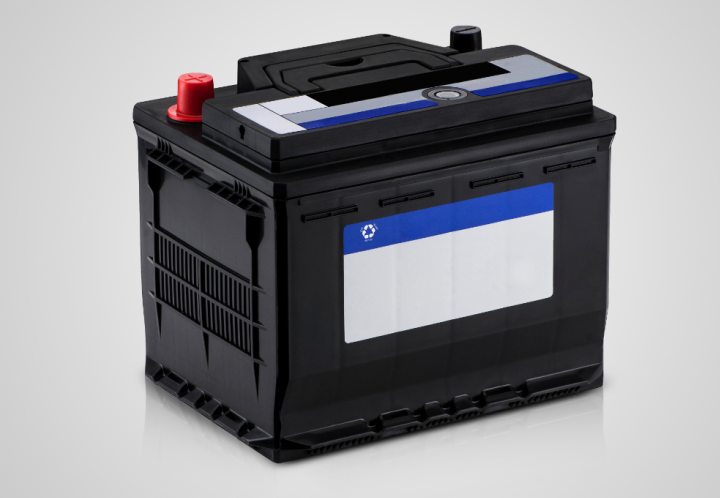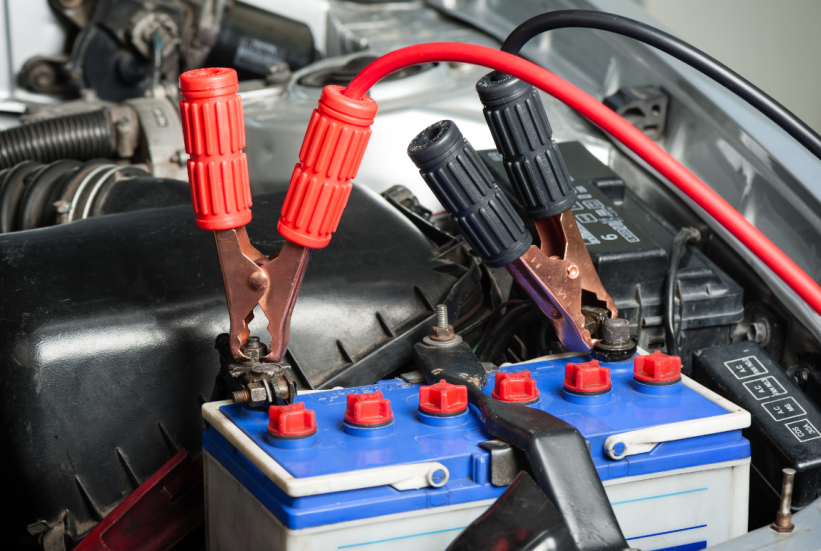I’m going to kick things off by painting a clear picture of why maintaining your RV battery is not just a suggestion, it’s a must-do for any RV owner. Think of your RV battery as the heart of your vehicle, providing the lifeblood that powers everything from lights to the refrigerator, and even the ignition system. Without proper care, you’re not going anywhere,

This isn’t just about convenience; it’s also about safety and cost-saving. Neglecting your RV battery can lead to a range of issues: stranded travels, unforeseen expenses for emergency services, and the premature need to replace expensive batteries. Regular maintenance ensures that your RV runs smoothly, whether you’re on the road or enjoying a relaxing weekend while boondocking in the wild.
Remember, your RV is your home away from home, and the battery’s health directly affects your comfort and the overall RV experience. By keeping up with simple maintenance steps, you’re securing peace of mind and the uninterrupted adventure that comes with it. And let me tell you, the road feels a lot friendlier when you know your RV is in top shape.
I’m here to help you understand the world of RV battery care. In the following section, I’ll be walking you through a comprehensive guide to RV battery upkeep. We’re going to cover everything from scrubbing off corrosive buildup to trickling in charge during the off-season. So, if you want to keep that home-on-wheels running like a dream, you’ll find value in the information up ahead.

Comprehensive Guide to RV Battery Upkeep
I’m going to break down the essentials of keeping your RV battery in top shape starting with:
Routine Inspections Its crucial to periodically check for any signs of damage, corrosion, or leaks. Remember, catching and addressing issues early can save you from big headaches down the road.
Clean Connections are the lifeblood of battery longevity. Corrosion at the terminals can interrupt power flow and damage the battery. I’m here to help you, and I suggest using a wire brush or specific battery terminal cleaner to remove any such buildup. Also, don’t forget to regularly tighten these connections so you’re not losing power to loose terminals — it’s a simple step that ensures your battery delivers optimal performance. NOTE: Remember to always wear gloves to protect your hand from any battery acid.
Proper Ventilation is another key point for RV battery maintenance. Your RV’s battery compartment must be well-ventilated to prevent the accumulation of dangerous gases and ensure the battery operates within a safe temperature range. If you want to avoid reducing the battery’s lifespan, make sure the ventilation system is never obstructed.
Keep charging your RV batteries, especially when it’s not being used regularly. Use a trickle charger to maintain the charge if you’re putting the RV away for an extended period. This will keep the battery from going flat and losing its ability to hold a charge over time.
Battery Monitor. This nifty device allows you to track the battery’s charge state and overall health, helping you avoid overcharging or deep discharges, both of which are notorious for reducing a battery’s lifespan.

Manufacturer’s Recommendations for charging your RV battery. Overcharging can result in losing the electrolyte, which is as bad for the battery as it sounds. Meanwhile, minimizing parasitic loads will conserve battery power, preventing drain from appliances or accessories while the RV is parked.
Lastly, for those with flooded lead-acid batteries, Periodic Equalization Charges are an absolute must. This process effectively stirs the battery’s electrolyte, preventing stratification and sulfation — both of which can significantly diminish battery life.
NOTE: If your not sure how to perform these tasks, then consult an expert for your safety
Advanced Tips for Prolonging Your RV Battery Life
I’m here to help you with some insider advice that can give your RV battery an even longer life and better performance. This isn’t just about basic maintenance, it’s also about dealing with the challenges that come with extreme weather and long storage periods.
Avoiding overcharging and undercharging can be a major problem, but it’s crucial. Don’t worry too much about getting it perfect every time. You can always adjust your approach down the road as you become more familiar with your RV’s battery needs. Purchase a calibrated battery monitor which can be your best ally here, alerting you to the perfect balance.
Extreme temperatures are notorious for weakening batteries in both cold and hot weather.
One item you should always carry is a set of jumper cables to use if your battery looses its charge and allows you to be jumped by another vehicle. This is a must have.

Insulating the battery compartment and parking your RV in a temperate area can work wonders. There’s a lot of opportunity in simply safeguarding your battery from the elements.
Lastly, remember that your battery’s demands will change with the seasons. A regular maintenance schedule that takes into account the changing weather will ensure your battery remains in tip-top shape all year round. Just don’t focus too much on perfection; When driving you should keep an eye on your battery gage in your RV. If the gage reads high then you need to get your battery checked out immediately. You don’t want to be stuck on the side of the road and be waiting for a tow truck to help you.
I really hope that you’ve picked up some valuable strategies in this guide. Your RV is your home away from home, and a reliable battery is what will keep you traveling down that long road ahead.
Keep these tips in mind, and don’t hesitate to reach out to a professional if you’re ever in doubt. Safe travels and happy RVing! Battery acid can seriously burn you if not handled correctly.
